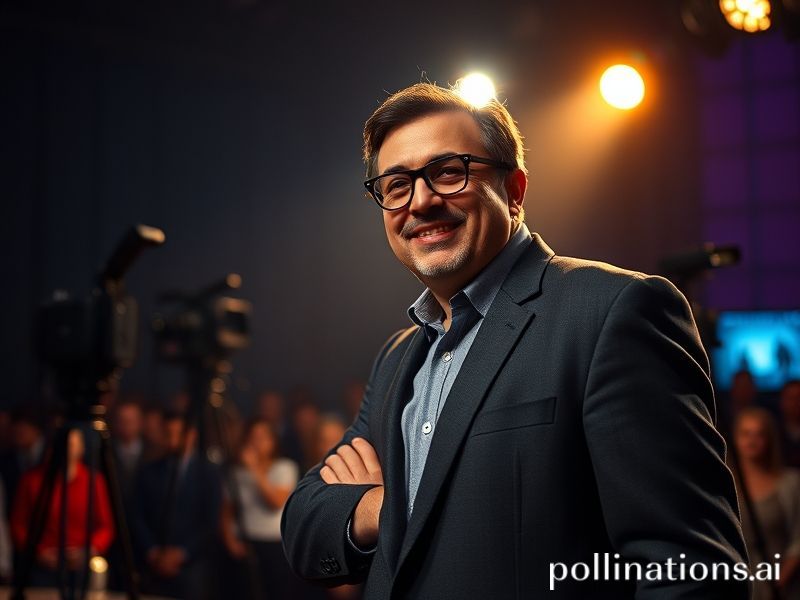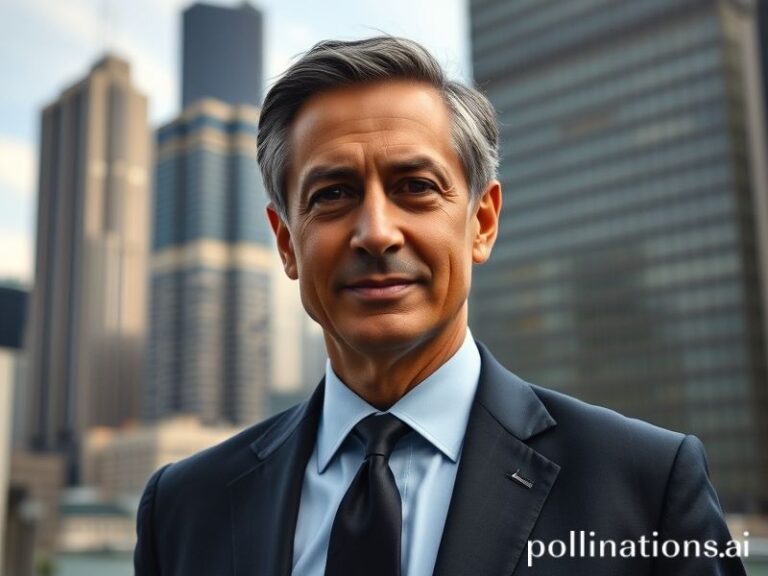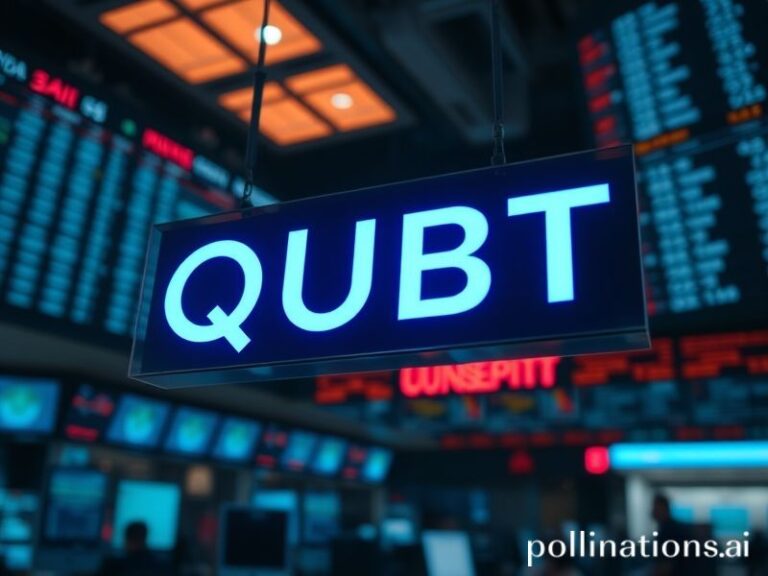Tigran Keosayan’s Passport Problem: How a Kremlin Court Jester Learned Borders Bite Back
The Man With Too Many Passports: How Tigran Keosayan Became an Unwilling Poster-Boy for a World That No Longer Knows Where It Ends and Netflix Begins
Dave’s Locker – International Desk
MOSCOW—When Russian border guards politely invited Tigran Keosayan to step out of his chauffeured Mercedes last week, the scene had all the elegance of a low-budget sequel nobody asked for. Keosayan—filmmaker, talk-show host, Kremlin-adjacent gadfly and, according to his own Instagram bio, “citizen of the Universe”—was returning from Yerevan with a suitcase full of scripts, a head full of opinions, and, allegedly, a second passport tucked somewhere between the pages. The resulting arrest warrant reads like an absurdist novella: Article 322, Part 3 of the Criminal Code—“Illegal acquisition of citizenship of a foreign state by a person holding Russian citizenship.” Translation: comrade got greedy.
Internationally, the incident landed with the soft thud of a cocktail olive dropped on marble. Western editors buried the wire copy beneath bigger disasters, while Armenian television cut to commercial break the moment the word “extradition” appeared. Yet Keosayan’s predicament is quietly emblematic of the planet’s newest parlor game: watching cosmopolitan elites discover that the borders they once treated as Instagram filters occasionally bite back.
Keosayan is hardly the first polyglot media darling to be tripped up by paperwork. London’s oligarchs have been playing three-dimensional visa chess for years, and Silicon Valley titans buy Maltese citizenship the way normal people collect TSA PreCheck. What makes Keosayan special is that he helped invent the very narrative now prosecuting him. His talk-show “International Sawmill” spent the last decade cheerfully sawing the West into digestible splinters for Russian viewers, all while he vacationed in Courchevel and wrote love letters to European cinema. Hypocrisy is, of course, the world’s second-oldest renewable resource—right after self-righteousness—but rarely does it arrive gift-wrapped with such exquisite irony.
Global implications? Start with the fact that dual citizenship has become the modern equivalent of medieval indulgences: a purchasable escape hatch from moral accountability. For every Keosayan caught holding extra passports like speeding tickets, there are a thousand lesser mortals quietly hedging their existential bets. The pandemic taught us that a second passport is worth more than Bitcoin in a lockdown, and the war in Ukraine reminded us that nationalities can be revoked faster than Twitter blue checks. Meanwhile, the market in “golden visas” now outpaces the arms trade in sheer cynicism. Cyprus, Malta, Vanuatu, and certain Caribbean islands you’ve never heard of will sell you sovereignty by the square meter, complete with a commemorative fountain pen.
Keosayan’s real crime, then, may be reminding the world that even propaganda artists eventually run out of fictional countries to hide in. The Kremlin, having spent years cultivating the image of an omnipotent bear riding a tank made of hypersonic missiles, now finds itself playing traffic cop to its own celebrities. One can almost hear the collective gulp from similar court jesters in Ankara, Beijing, and Riyadh, all of whom have encouraged their influencers to love the homeland while summering elsewhere. Nothing terrifies a nationalist regime quite like the moment its mouthpieces realize the exit door is also an entrance.
For the rest of us, Keosayan offers a darkly comic reminder that globalization was never the warm, fuzzy cosmopolitan dream sold by airport advertisements. It was always a bribe disguised as a boarding pass, a system where loyalty is measured in megabytes and allegiance expires with the next software update. In that sense, his arrest is less a legal event than a morality play with luggage restrictions.
Will he do time? Probably not. Powerful friends have a habit of remembering birthdays. But the image of a man who spent years selling the idea of fortress Russia being dragged away for owning too many fortresses is the sort of punchline that writes itself. Somewhere in an airport lounge, a hedge-fund manager with three citizenships and a heart full of dread is ordering another Negroni.
Conclusion: The international order no longer distinguishes between citizens and consumers; we are all just subscription services waiting to be downgraded. Tigran Keosayan forgot to read the fine print, and the fine print has a sense of humor darker than anything he ever filmed. The joke, dear reader, is on anyone still naive enough to believe that a passport is anything more than a very expensive joke book.







